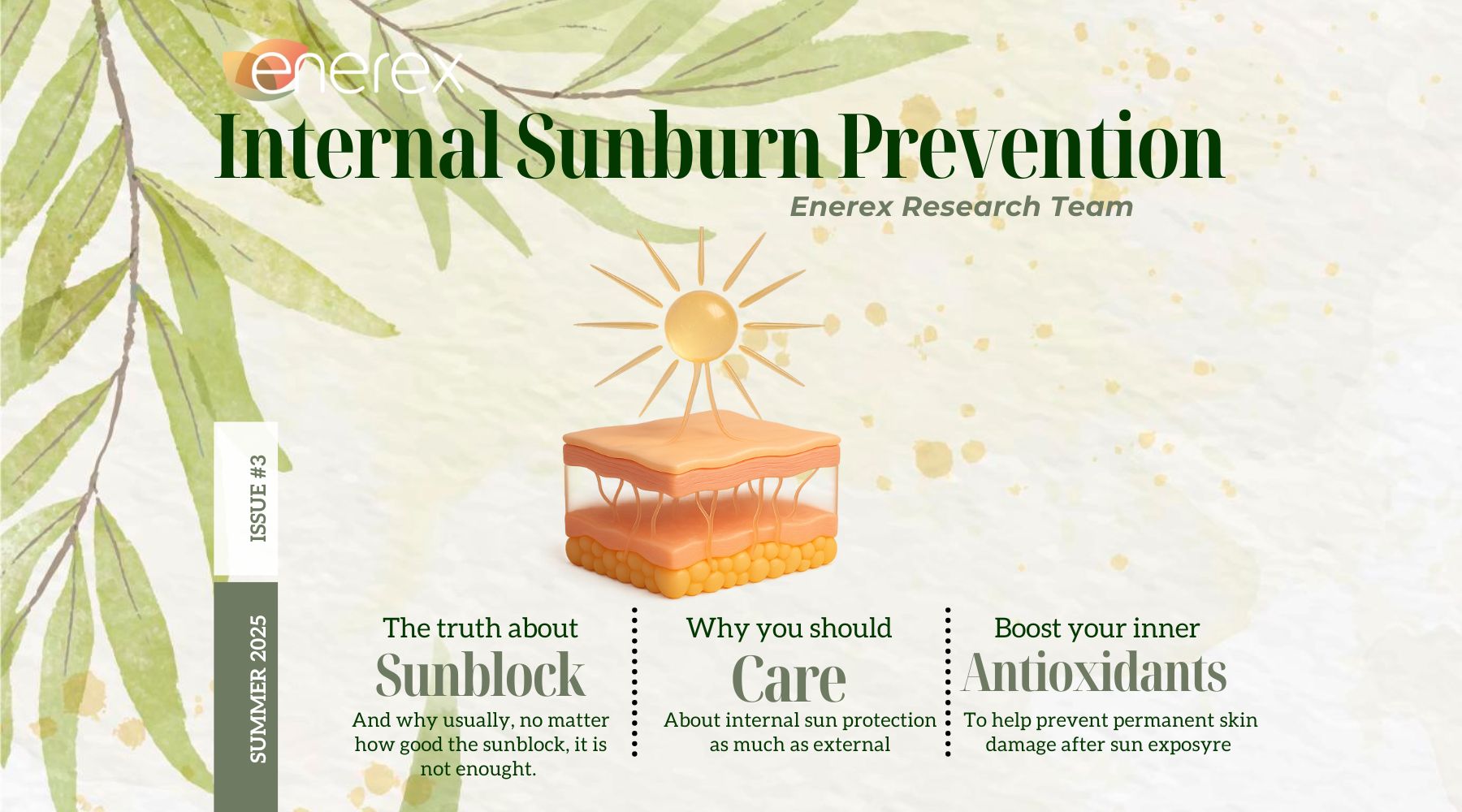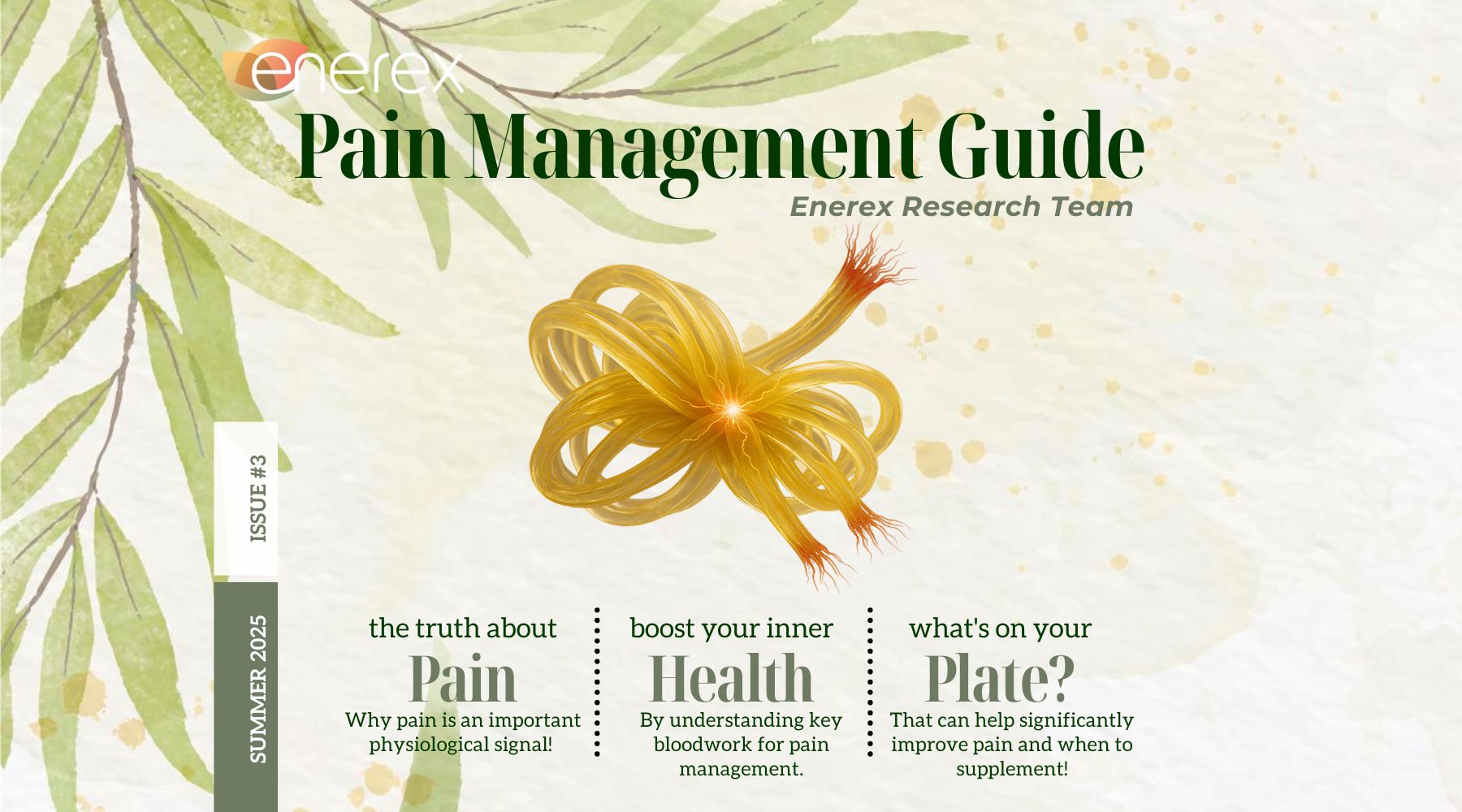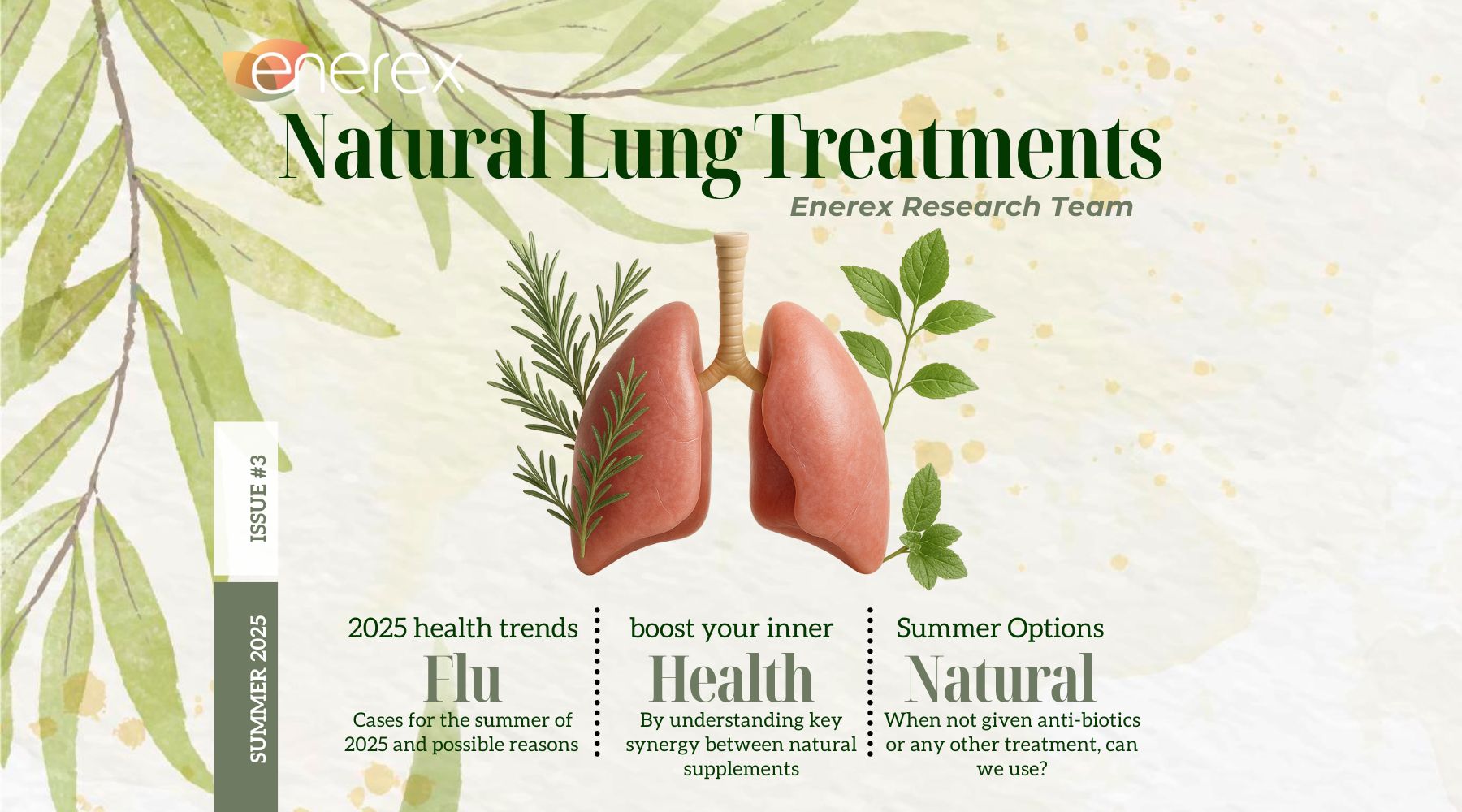Severe Allergy & Heart Risk

Exploring the Intersection of Allergy and Heart Health: This review delves into how allergic reactions and food intolerances can escalate heart disease risks, emphasizing the cardiovascular benefits of black seed oil and CoQ10 in improving heart rate variability and reducing blood viscosity for those with severe allergies.
Blog Contents
Severe Allergies Increase Heart Risk, Here is How:
Globally, cardiovascular diseases (CVDs) remain the top cause of mortality and disability, with allergies and food intolerances increasingly recognized as unappreciated players in heart disease. Specifically, allergic reactions and sensitivities, including allergic rhinitis and severe food allergies, are linked to heightened risks of heart issues such as variations in heart rate variability and increased blood thickness. This comprehensive review will explore the potential cardiovascular benefits of black seed oil and coenzyme Q10 (CoQ10), focusing on their impact on individuals experiencing allergy symptoms, severe allergic reactions, and food intolerances. By examining the relationship between allergic disorders, heart health, and these supplements, we aim to shed light on new research and previous studies that contribute to our understanding of cardiovascular health.
Allergies, Heart Rate Variability, and Cardiovascular Health
Recent studies, including longitudinal studies and data from the National Health and Examination Survey (NHANES), indicate that seasonal allergies, hay fever, and allergic conditions like food allergy and allergic rhinitis are associated with an increased risk of cardiovascular disease and cardiovascular death. Allergic reactions to common food allergens such as cow’s milk, peanuts, and shrimp can trigger severe responses, including anaphylactic shock, which significantly affects the cardiovascular system.
The presence of IgE antibodies, indicative of food sensitization, and the activation of mast cells in blood vessels and heart tissue, contribute to inflammation and could lead to conditions like coronary heart disease and heart palpitations, emphasizing the need for prompt treatment and management of these severe allergies.
Black Seed Oil and Its Implications for Cardiovascular and Allergic Health
Derived from Nigella sativa, black seed oil has garnered attention for its potential in improving heart health and managing symptoms of allergic reactions, including itchy eyes, runny nose, and itchy rash. Clinical immunology suggests that black seed oil can regulate an over-active immune system and lower blood pressure, both traditional risk factors for heart attack, and affect blood coagulation. However, individuals with severe allergic reactions should consult their healthcare provider before using black seed oil due to its effects on blood clotting, underscoring the importance of medical advice in the management of severe food allergies and allergic disorders.

Coenzyme Q10's Role in Cardiovascular Health and Allergy Management
Coenzyme Q10 (CoQ10), a compound critical for energy production and antioxidant protection within cells, shows promise in supporting cardiovascular health for allergy sufferers. It has been demonstrated to decrease blood viscosity, beneficial for those with an increased risk of cardiovascular disease due to allergic inflammation and severe allergic reactions. The American Heart Association and the American College of Cardiology highlight CoQ10's potential in reducing the risk of cardiovascular mortality, advocating for further studies to understand its benefits fully.
Discussion
The intersection between the immune system's response to allergens and cardiovascular risk underscores the potential of supplements like black seed oil and CoQ10 in mitigating these risks. Their ability to manage blood pressure, heart rate variability, and allergic inflammation offers a new avenue for reducing the increased risk of cardiovascular disease in individuals with allergic rhinitis, food allergies, and other allergic conditions. With allergic diseases and environmental factors contributing significantly to cardiovascular health, the role of these supplements, alongside traditional risk factors, warrants closer examination by the research team.
Conclusion
This review underscores allergies and food intolerances as significant, yet often overlooked, risk factors for cardiovascular issues, including changes in heart rate variability and blood thickness. Black seed oil and CoQ10 emerge as potential adjunctive treatments for improving cardiovascular health in the context of allergic conditions. Their efficacy, as suggested by recent study findings and the Journal of allergy and Clinical Immunology, highlights the necessity for allergy sufferers to seek prompt medical help and consider these supplements under the guidance of a healthcare provider. Further research is essential to explore the full extent of their benefits, potentially offering new therapeutic strategies for managing the intersection of cardiovascular and allergic health.
Article References:
- Gastrointestinal effects of Nigella sativa and its main constituent, thymoquinone: a review: https://www.ncbi.nlm.nih.gov/pmc/articles/PMC4884214/
- Black seed oil ameliorates allergic airway inflammation by inhibiting T-cell proliferation in rats: https://pubmed.ncbi.nlm.nih.gov/19059494/
- Nigella sativa L. seeds modulate mood, anxiety and cognition in healthy adolescent males: https://pubmed.ncbi.nlm.nih.gov/24412554/
- https://www.greenrelief.ca/blog/cannabinoid-receptors/
- Beta-caryophyllene is a dietary cannabinoid: https://www.ncbi.nlm.nih.gov/pmc/articles/PMC2449371/
- Blood pressure lowering effect of Nigella sativa L. seed oil in healthy volunteers: a randomized, double-blind, placebo-controlled clinical trial: https://pubmed.ncbi.nlm.nih.gov/23436437/
- Antihyperglycemic effect of thymoquinone and oleuropein, on streptozotocin-induced diabetes mellitus in experimental animals: https://www.ncbi.nlm.nih.gov/pmc/articles/PMC4653335/
- Effect of Topical Application of Black Seed Oil on Imiquimod-Induced Psoriasis-like Lesions in the Thin Skin of Adult Male Albino Rats: https://pubmed.ncbi.nlm.nih.gov/28926201/
- Antipsoriatic activity and cytotoxicity of ethanolic extract of Nigella sativa seeds: https://www.ncbi.nlm.nih.gov/pmc/articles/PMC3785163/







Laissez un commentaire